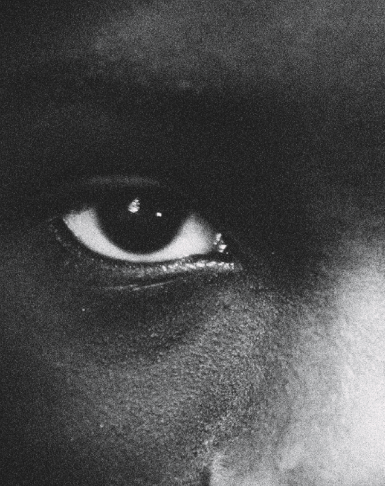The murder of George Floyd was a critical moment in our nation’s history. Everyone saw the images, heard the story, and, in one way or another, had to react. Although this was not the first time police officers were filmed using unnecessary force against an unarmed Black man, the reaction to this instance was global. This murder was the beginning of a racial reckoning, where people everywhere had to come to terms with the part their country played in the slave trade and how their country had dealt with decedents of those slaves since.
Silence in that moment was not an option, especially for brands. Like everyone else, they could not ignore what they saw and were called to react. They put out press releases, made pledges, and even hired professionals to help them address diversity. DE&I initiatives became a key part of every corporate experience.
Fast forward three years and the murder of another unarmed Black man, Tyre Nichols, at the hands of police has caught the attention of national media. This time, however, brands have been conspicuously silent. The clear difference in reactions has led many to ask: how should brands react when these things happen?
They shouldn’t.
This is not to say that the murder of Tyre Nichols should not garner the same outrage as the murder of George Floyd. It is only to say that brands should not be reactive.
The murder of George Floyd came at a critical time in the world. We were many months into a global pandemic. People were home, they were tired, they were scared, and they were angry. It was a perfect storm of connected events. But the murder itself was not unprecedented; rather, the timing was. For this reason, every brand needed to take a stand—for the backlash if they hadn’t would have been very damaging to their reputation.
The murder of Tyre Nichols is not the same, nor was the murder of Keenan Anderson, Anthony Lowe Jr., and Donovan Lewis or any of the unarmed Black men and women that came after George Floyd or will/have come after Tyre Nichols.
So, how should a brand respond to this and other social issues?
Build it into your values
The big social issue of today may not be the big social issue of tomorrow. Without a culture of social consciousness, your brand can never truly and authentically address the social issues that might arise. However, an internal culture of social consciousness expressed through company values can ensure any future statements about social issues feel genuine. It will make your company a more desirable place to work for the next generation and will guarantee that people know where you stand at all times.
Put out a strong statement, and make it accessible
Your brand might have put out a press release in 2020. You might have articles on the internet talking about your commitments. But, if it’s not somewhere on your website and easily accessible, did it even happen? If you want people to know what your brand is about, you need that statement to be somewhere where everyone can see it. Make it a section in your “About Us,” or create a separate landing page specifically for your social commitments. Regardless of how you do it, make sure everyone who comes across your brand can see where you stand on social issues.
Hold yourself accountable
Host a yearly town hall, announce the status of your DE&I initiatives, allow yourself to be held accountable. Otherwise, your brand is just making statements and will eventually be called out. In a world where Millennials and Gen Z hold the purchasing power, brands that only speak and never act, brands that can’t be held accountable for their promises, will not succeed. Brands that are committed to change—through their values and in their actions—will thrive.
By doing these three things, your brand will be proactive, not reactive. Bonus points for brands that actually put their money where their mouth is. One such brand is M&M’s, which is actively aiming to create a more inclusive world by partnering with efforts and causes that aim to do the same.
The best brands are consistent across all touch points. How a brand reacts to the murder of Tyre Nichols should stand to affirm how that brand reacted to the murder of George Floyd. If the brand made promises to further equality, this is the time to reaffirm those efforts, or even check in to see how far they’ve come.
If you build social consciousness into your culture, you will never have to be reactive, because you are always active.
Remi Dixon is a Strategist




